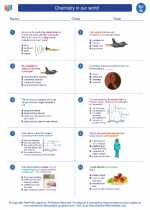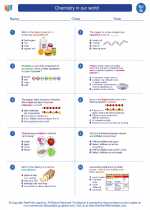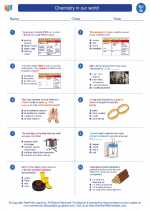Zygote
A zygote is the initial cell that forms when two gametes (sperm and egg) fuse during fertilization. It is the starting point of a new organism and contains a complete set of chromosomes, half from the mother and half from the father. The zygote undergoes a series of divisions through the process of mitosis to develop into a multicellular organism.
Key Points to Remember:
- The zygote is formed when a sperm cell fertilizes an egg cell.
- It contains a complete set of chromosomes, half from the mother and half from the father.
- The process of cell division (mitosis) allows the zygote to develop into a multicellular organism.
- Genetic information from both parents is combined in the zygote, determining the traits and characteristics of the new organism.
Study Guide Questions:
- What is a zygote and how is it formed?
- What is the role of mitosis in the development of a zygote?
- How does the genetic information from both parents contribute to the traits of the zygote?
- What are the key characteristics of a zygote?






